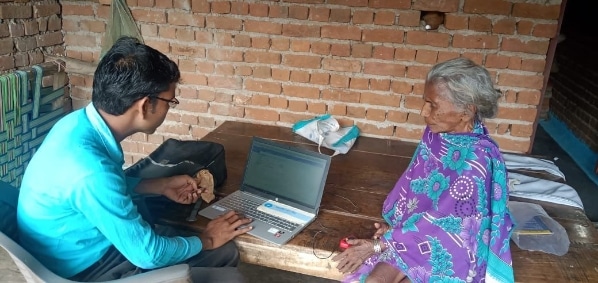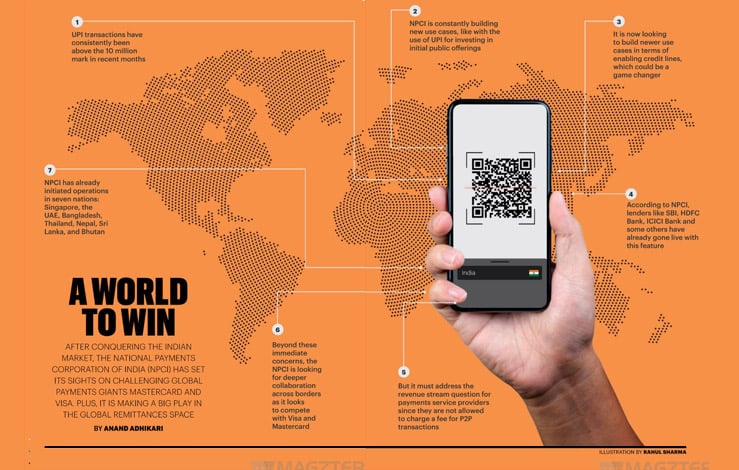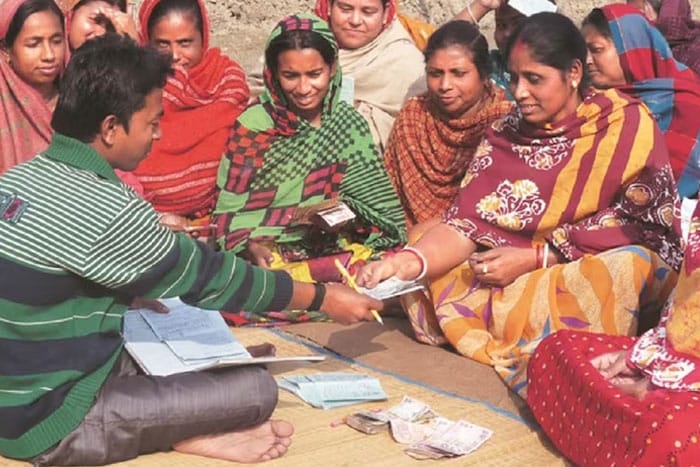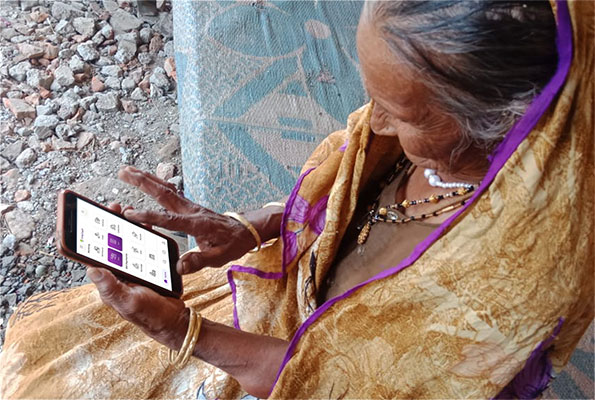In early 2020, when the pandemic caught the world unawares, nations responded with shutting down their borders and got into lockdown mode. Lockdown was new to most of us, not having been exposed to something like this during our lifetimes. It caused a major upheaval in the lives of labourers who were now known as “migrant workers”, “migrants” or “migrant labourers”. India realized the magnitude of the crisis when thousands of migrants made the arduous journey from cities to their villages hundreds of miles away.
Like most migrants, the Nepali community working in India was also severely impacted by the pandemic. They were in a dilemma: they were unable to stay back in India due to their job losses nor could they travel back to their homes in Nepal amidst fears of spreading the virus. This distress led to thousands stranded at the Nepal-India border in a state of panic as containment measures in both countries led to disruption of work and impeded regular and free cross-border movement of people.
This crisis gave the world an insight into the lives of migrant labourers and these stranded Nepali citizens. Largely from rural Nepal, they were employed in India mainly in restaurants, factories and as security personnel. With limited or zero savings in India (they used to send more than 80% of their income and savings back home in Nepal to their families), the loss of livelihood for these Nepali workers was particularly catastrophic. Vickam Poudel, one of the many Nepalis employed as a security guard in Delhi said that he and his fellow countrymen would eat once a day and would seek out langars (community meals) so that they did not starve. Tragically, this was a story that was repeated and experienced by thousands. The lack of resources, especially access to money was acute.
International remittance contributes 28% of the GDP of Nepal and the majority of Nepalese households rely on it for survival. India is the second largest remittance-generating country for Nepal, contributing 14.2% of the total remittance. The pandemic and the migrant crisis brought outward remittances to Nepal almost to a standstill and in some cases, people were compelled to ask their families back in Nepal to send them money. The Covid-19 pandemic may have contracted remittances to Nepal by more than 25% in 2020, the highest among developing Asian nations. Further, data reveals that only 45% of Nepalese reported having an account with formal financial institutions. Being unbanked meant that migrants had very little savings to return to. Those who managed to return home struggled as there was no alternative livelihood in their villages.
With the gradual reopening of the Indian economy, Nepalese workers have slowly started returning to India. But despite the phased opening of the economy, they are struggling to find work. Jobs are nowhere near the original employment figures before the pandemic. In times of crisis such as this, digital financial services can and have come to the rescue.
Digital financial services to the rescue
Given the scale of displacement of Nepalese workers, and their ‘invisibility’ in both countries due to the lack of data, the pandemic has highlighted an urgent need for comprehensive labour reforms so that their rights and dignity are protected. The crisis ripped open the financial stresses caused and experienced by those on the road. The critical role of a financial institution at this juncture is a felt need. With more than 80% of workers remitting money back home to Nepal through the Nepal remittance centres or bank branches, financial institutions can leverage this data going forward to:
- share information between the two countries on location, employment and health status of migrant workers
- develop a database of Nepalese migrants which can be accessed by institutions in both countries, during a crisis making for a rich, layered, humane and orderly approach to repatriation during disasters
This kind of information would create a safety net in the form of accommodation and cash relief for survival for Nepali workers stranded in India. It would assist in capacity planning, developing and reskilling of workers to withstand a crisis that wreaks economic devastation in its wake, as we march on in this decade.
Remittances create a digital footprint which can be collaboratively used by the Indian and Nepalese governments during such times in making access for citizens easier, simpler and reliable. Accelerating financial inclusion and enrolling workers in social security schemes like health, pension and life with applicability across borders should be taken up on a priority basis. Cross-border remittances should also be bi-directional, enabling families to send money to workers in dire need.
In addition, national policies need to be more than just reactive, they must be transformative.
With Covid-19 casting the spotlight on the plight of migrant workers, it is time to establish a stronger enabling environment that protects and supports citizens abroad, ensuring their safety and dignity during any crisis. Social policies for the betterment of Nepal’s non-resident community will also encourage better bilateral ties between countries.
Authors: Seema Prem is the CEO of FIA Global and Rahul Yajnik is the Head of Global Markets









